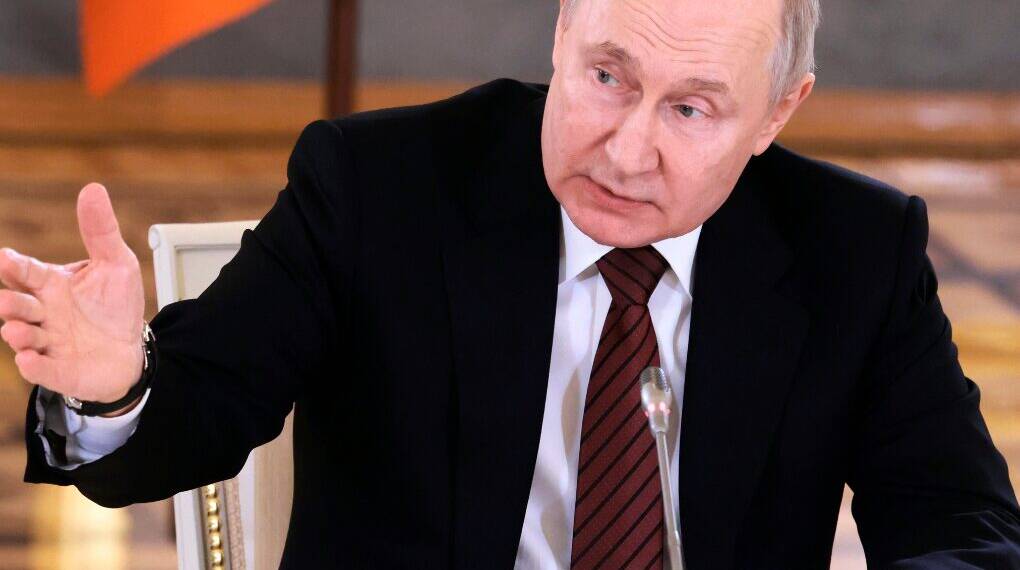In a significant escalation of the economic dimensions of the war in Ukraine, Russian forces have seized the Shevchenkivske lithium deposit in the Donetsk region—an area recently marked by Moscow’s incremental territorial gains. Though modest in size at just 100 acres, the deposit is one of Ukraine’s richest in lithium, a critical mineral for electric vehicle (EV) batteries and other high-tech applications.
The timing and location of this seizure are deeply strategic and carry implications not only for Ukraine’s post-war reconstruction prospects but also for broader geopolitical competition over rare earth resources.
Lithium and Rare Earths: Strategic Assets in the Global Economy
Lithium, along with other rare earth elements (REEs), sits at the heart of the 21st-century technology race. It is essential for green energy, semiconductors, advanced military equipment, and EVs. The U.S. Department of Energy has designated lithium as a critical resource for national security and economic resilience. Currently, China dominates the global rare earth supply chain, controlling an estimated 60% to 80% of processing capabilities, depending on the mineral. This monopoly poses a strategic vulnerability for Western economies seeking to transition away from fossil fuels and maintain technological dominance.
Ukraine has emerged as a rare European partner with significant reserves of lithium and REEs. Its central and eastern regions contain large, untapped deposits—some unique in mineral composition. According to Olena Remezova of Ukraine’s National Academy of Sciences, deposits like Petrovo-Hnutivske and Azovske contain minerals such as parisite, rich in cerium, and are globally rare.
U.S.–Ukraine Agreement: A New Frontier for Strategic Mineral Cooperation
In early May 2025, the U.S. and Ukraine signed a landmark agreement aimed at developing and jointly managing Ukraine’s critical minerals sector. Under the deal, a joint investment fund will channel profits into Ukraine’s reconstruction, while securing long-term access to key materials for U.S. industries. Initially focused on rare earth metals, the scope has since expanded to 57 mineral types.
Crucially, the agreement preserves Ukrainian sovereignty over its resources—foreign companies will not gain control over subsoil rights or strategic infrastructure. During the first decade, revenues will remain in Ukraine, after which profits may be shared among partners. U.S. military aid is also being counted as an investment contribution—tying security assistance directly to economic development.
This agreement represented a high stakes attempt to position Ukraine as a European alternative to China in the rare earth market. But Russia’s military advances are now directly threatening this vision.
Russia’s Seizure of Shevchenkivske: A Strategic Blow
By capturing the Shevchenkivske lithium deposit, Russia has not only deprived Ukraine of a high-value asset—it has also sent a clear signal about its understanding of modern warfare, where economic disruption is as valuable as territorial conquest. The seizure hampers Ukraine’s ability to leverage its mineral wealth in support of Western partnerships and undermines the credibility of post-war reconstruction financing.
Moreover, Moscow could attempt to exploit these resources itself or transfer control to Chinese partners, further reinforcing the Sino-Russian economic axis. That possibility is especially concerning given China’s market dominance and growing alignment with Moscow in geopolitical affairs.
What Comes Next: Risks and Responses
If Russia maintains its occupation of these deposits, Ukraine and its partners face several hard choices. Military reconquest is one option, but costly and uncertain. Economic sanctions targeting companies that attempt to exploit occupied mineral zones are another, though enforcement may be difficult.
Alternatively, the U.S. and EU could accelerate investment and development in the remaining unoccupied deposits in central and western Ukraine. As Remezova notes, these regions still contain significant reserves. Fast-tracking exploration, permitting, and infrastructure development could mitigate some of the strategic loss.
Washington may also choose to escalate its involvement, using economic and military leverage to ensure that key assets are not permanently lost. As Remezova observed, “If American interests are present here, I believe the occupation will quickly disappear.” Whether this is a prediction or a hope, it underscores the geopolitical stakes.
Minerals as the Next Battleground
The seizure of Ukraine’s lithium and rare earth deposits is more than a battlefield event—it is a maneuver in a wider strategic competition. Control over the minerals of the future is now intertwined with questions of sovereignty, reconstruction, and global power. Ukraine’s mineral wealth was meant to fund its recovery and align it more closely with the West. With parts now under occupation, that vision is under threat—making the control of geology as consequential as geography in this war.








